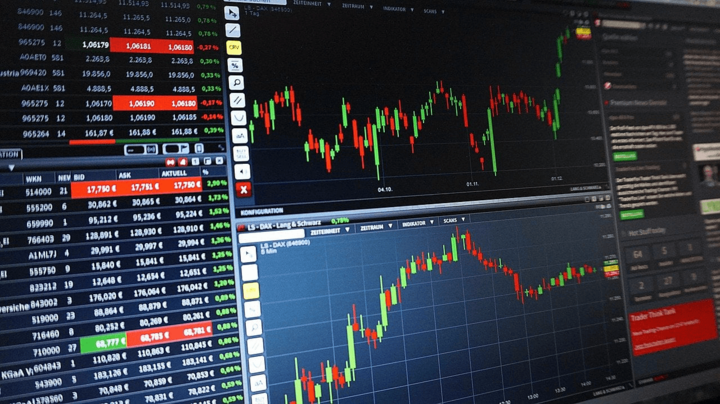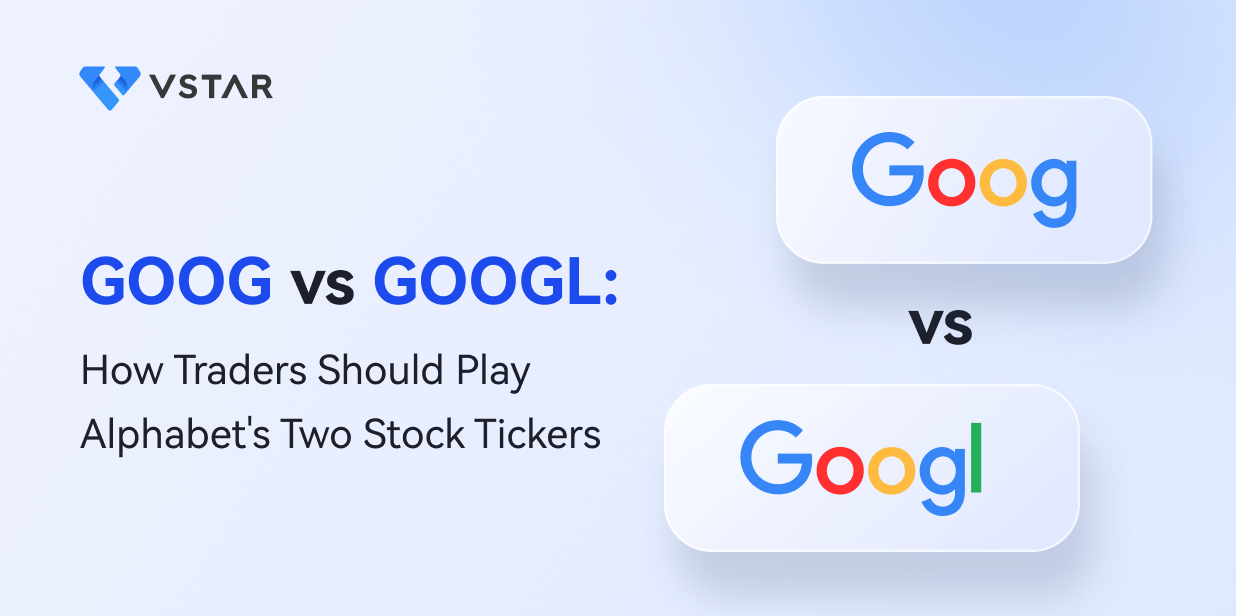Rivian (RIVN) is a company that has been generating a lot of buzz in the automotive industry lately, thanks to its cutting-edge electric vehicles and its recent IPO. As a result, many investors are wondering if Rivian stock is a good investment opportunity. However, investing in a new and untested company can be risky, and it's essential to conduct a thorough analysis of the company before making any investment decisions.
In this article, we will provide a comprehensive analysis of Rivian stock to help investors decide whether to invest in this exciting new company. We will examine Rivian's business model, financials, competition, and prospects to determine whether Rivian stock is a good investment choice.
Company Overview
Rivian is a privately held American electric vehicle (EV) company founded in 2009 by CEO Robert "RJ" Scaringe. The company is headquartered in Irvine, California, and has additional facilities in Michigan, Illinois, and the United Kingdom. NASDAQ: RIVN is the stock ticker symbol for Rivian Automotive Inc.
Rivian's mission is to create sustainable transportation that enhances people's lives and the planet. The company is focused on developing electric adventure vehicles that can handle a variety of terrains and weather conditions. Rivian's current lineup includes the R1T pickup truck and R1S SUV, designed for off-road adventures, with a range of up to 400 miles on a single charge.
The company has attracted significant attention and investment from various sources, including Amazon, Ford, and Cox Automotive. Rivian has raised over $10 billion in funding, making it one of the most well-funded EV startups in the world.

Rivian has also made several strategic partnerships and collaborations, including a deal with Amazon to build 100,000 electric delivery vans by 2030. The company has also partnered with Ford to develop an all-electric Lincoln SUV and has secured a $2.5 billion investment from Amazon to support its production and expansion efforts.
Overall, Rivian is well-positioned to be a significant player in the rapidly growing electric vehicle market. The company's focus on sustainability, innovation, and adventure has resonated with investors and consumers alike, and its partnerships with major players in the automotive and technology industries are a testament to its potential for success.
Key Financials

Rivian is a relatively new company that is currently not profitable, reporting a net loss of $1.1 billion in its most recent financial report. However, this is to be expected as the company is investing heavily in research and development, manufacturing capacity, and infrastructure to grow in a fast-growing industry.
Rivian went public through an IPO on November 10, 2021, raising $11.9 billion, which was one of the largest in the automotive industry's history. In 2022, the company's adjusted loss before interest, taxes, depreciation, and amortization was nearly $5.2 billion, which was narrower than the $5.4 billion loss forecasted in November.
Although Rivian's current and quick ratios indicate that it can easily pay its short-term obligations, its Altman-Z score of 0.45 suggests that it is not financially healthy and has some risk of bankruptcy. The company's debt to equity ratio is in line with industry averages, and its current ratio is much better than the industry average. Rivian has a better rating than 84% of its industry peers, but its Altman-Z score of 0.45 indicates that it is in worse financial health than the industry average of 1.11. Furthermore, its weak Piotroski-F score of 3.00 suggests issues in health and profitability, potentially affecting its long-term prospects.
In the fourth quarter, Rivian reported a net loss of $1.7 billion, which is a narrower result compared to the previous year's $2.5 billion loss. The company's quarterly revenue also increased significantly from $54 million to $663 million as it continued to expand its product line. Rivian Automotive had a net loss of $1.86 per share in the quarter ending December 31, 2022, with a year-over-year increase of 100%, indicating a significant increase in losses compared to the same quarter in the previous year. The company's earnings before interest, taxes, depreciation, and amortization (EBITDA) for the same quarter were negative, indicating a net loss of $1.596 billion, with a year-over-year decline of 31.82%, suggesting that losses have decreased slightly compared to the same quarter in the previous year.
Production Capacity
Rivian's production capacity is based on its factory in Normal, Illinois, which can produce up to 200,000 vehicles annually. However, it's unclear how many vehicles Rivian has produced so far. The company plans to build a second factory in the US, but the details of the location and timeline have yet to be disclosed. Rivian's recent funding rounds and purchase of the Normal factory suggest significant production capabilities. As the company expands production and delivers vehicles to customers, its growth and development will be worth watching.
Growth Prospects
The growth prospects of Rivian stock will depend on several factors, including the success of its vehicle launches, its ability to compete with established EV manufacturers such as Tesla, and its ability to scale up production to meet demand and market conditions.
Rivian's launch of its first vehicles has generated significant media attention, and the company has already received pre-orders for its electric trucks and SUVs. The demand for electric vehicles is increasing globally, and Rivian's focus on producing sustainable vehicles may appeal to environmentally conscious consumers.
Risks and Challenges
As with any investment, risks and challenges are involved in trading Rivian stocks. Rivn stock is relatively new and highly volatile, meaning its price can fluctuate rapidly in response to market events and news. This can make it difficult to predict future Rivn stock price movements and lead to significant losses if you buy at the wrong time or hold on to the stock during a downturn.
Rivian faces stiff competition from other electric vehicle manufacturers such as Ford, General Motors and Tesla, which has a well-established brand and loyal customer base. This competition could impact Rivian's market share and profitability, potentially leading to a decline in the stock's value. As a new company, Rivian faces the challenge of ramping production and meeting delivery targets. Any delays in production or delivery could negatively impact the stock's price and investor confidence in the company.
As an electric vehicle manufacturer, Rivian is subject to a variety of regulations related to emissions, safety, and manufacturing standards. Changes in these regulations could impact the company's operations and financial performance, potentially leading to a decline in the stock's value.
While there is potential for significant gains in trading Rivian stocks, significant risks and challenges are also involved. Investors should carefully consider these factors before investing in Rivian and diversify their portfolios to minimize the impact of any losses.
In conclusion, Rivian (RIVN) stock appears to be a promising investment opportunity for those interested in the emerging electric vehicle market. The company's innovative technology, strong financial performance, and development prospects in the industry make it a compelling choice for investors seeking long-term growth potential. However, as with any investment, there are risks to consider, including competition in the EV market, supply chain challenges, and regulatory changes. Overall, investors should carefully evaluate their risk tolerance and investment goals before deciding to invest in Rivian or any other stock.
Here are Three Ways to Invest in Rivian (RIVN) Stock

If you're interested in investing in Rivian stocks, there are a few different ways to do so. This article will explore three popular methods: holding its share, using options, and trading CFDs.
Holding Rivian's shares
One of the simplest ways to invest in Rivian stock is to buy and hold the company's shares. This means you purchase actual company shares and hold onto them for a while, hoping their value will increase. To do this, you'll need to open a brokerage account with a broker that offers access to Rivian's shares.
For example, let's say you invest in Rivian by buying 10 shares at $100 per share. If the price of the shares increases to $120 per share, you can sell them for a profit of $200. However, if the price goes down to $80 per share, you would lose $200.
Using Options
Another way to invest in Rivian stock is by using options. Options are contracts that give you the right (but not the obligation) to buy or sell a specific asset, such as Rivian shares, at a predetermined price and date. There are two types of options: calls and puts.
A call option allows you to buy Rivian shares at a specified price (called the strike price) before a specific date. A put option will enable you to sell Rivian shares at a specified price before a specific date. To use options to invest in Rivian stock, you'll need to open an options trading account with a broker that offers this service.
For example, let's say you buy a call option for Rivian stock with a strike price of $110 and an expiration date of six months from now. If Rivian's share price increases to $130 before the expiration date, you can exercise your option and buy the shares at $110, then sell them for a profit of $20 per share. However, if the share price doesn't reach the strike price before the expiration date, your option will expire worthless, and you will lose the premium paid for the option.
Trading CFDs
CFDs (Contracts for Difference) are financial derivatives that allow you to trade the price movements of an underlying asset, such as Rivian shares, without owning the underlying asset itself. To trade CFDs, you'll need to open a CFD trading account with a broker that offers this service, such as VSTAR.
For example, let's say you open a CFD position on Rivian stock when Rivn stock price is $100 per share, and you invest $1,000. If the share price increases to $120, you can close your position and earn a profit of $200. However, if the share price drops to $80, you will lose $200.
Each method above has risks and benefits, so it's essential to research and choose the method that best suits your investment goals and risk tolerance.
Comparison between Stocks, Options, and CFDs
|
Criteria |
Stocks |
Options |
CFDs |
|
Definition |
Stocks are a type of investment representing company ownership |
Options are contracts that give the buyer the right, but not the obligation, to buy or sell an underlying asset at a predetermined price within a specified time |
Contract for Difference (CFD) is a type of financial instrument that allows traders to speculate on the price movements of an underlying asset without actually owning the asset itself |
|
Cost |
Broker commission, exchange fees, and taxes |
Broker commission, exchange fees, and taxes |
Broker commission, overnight financing costs, and taxes |
|
Risk Level |
Generally lower risk compared to options and CFDs |
Higher risk due to leverage and expiration dates |
Higher risk due to leverage and potential for margin calls |
|
Leverage |
Limited to the amount of capital invested |
It allows for higher leverage and potential for larger gains but also increases risk |
It allows for higher leverage and potential for more significant gains but also increases risk |
|
Ownership |
Provides ownership in a company, entitling investors to dividends and voting rights |
Does not provide ownership in the underlying asset |
Does not provide ownership in the underlying asset |
Why trade Rivian stock CFD with VSTAR?
VSTAR is a well-established online trading platform allowing traders to trade various financial instruments, including stocks, commodities, indices, and more. One of the most attractive features of VSTAR is its ability to offer Contract for Difference (CFD) trading, which allows traders to profit from changes in the price of an underlying asset without actually owning it.
Regarding trading Rivian stock CFDs, VSTAR is an excellent choice for several reasons. First and foremost, VSTAR offers competitive spreads and low trading fees, so traders can take advantage of the volatility in Rivian's stock price without worrying about excessive transaction costs.

Additionally, VSTAR's advanced trading platform offers a range of powerful tools and features that can help traders make informed decisions about their trades, such as advanced charting capabilities, technical indicators, and more.
Moreover, VSTAR is a highly reputable and reliable trading platform regulated by some of the most respected financial authorities in the world. This means that traders can be confident that their funds are safe and secure and that VSTAR operates transparently and fairly. VSTAR also offers excellent customer support, with a dedicated team of professionals available to assist traders with any questions or concerns.
Finally, by trading Rivian stock CFDs with VSTAR, traders can take advantage of the potential gains in the company's stock price without owning the underlying asset. This can be especially beneficial for traders who may need more capital to invest in the stock directly or want to take a more speculative approach to trade Rivian's stock.
Conclusion
Whether or not Rivian stock is a good investment ultimately depends on one's individual investment goals, risk tolerance, and overall market outlook. While the company's potential for growth and innovation in the electric vehicle market is promising, it is crucial to consider factors such as competition, regulatory changes, and macroeconomic trends that could affect the company's performance in the long term.
Investors should also carefully analyze Rivian's financials and consider the stock's current valuation before making investment decisions. Ultimately, it is recommended that investors consult with a financial advisor and conduct thorough research before making any investment decisions in Rivian or any other company.
*Disclaimer: The content of this article is for learning purposes only and does not represent the official position of VSTAR, nor can it be used as investment advice.




